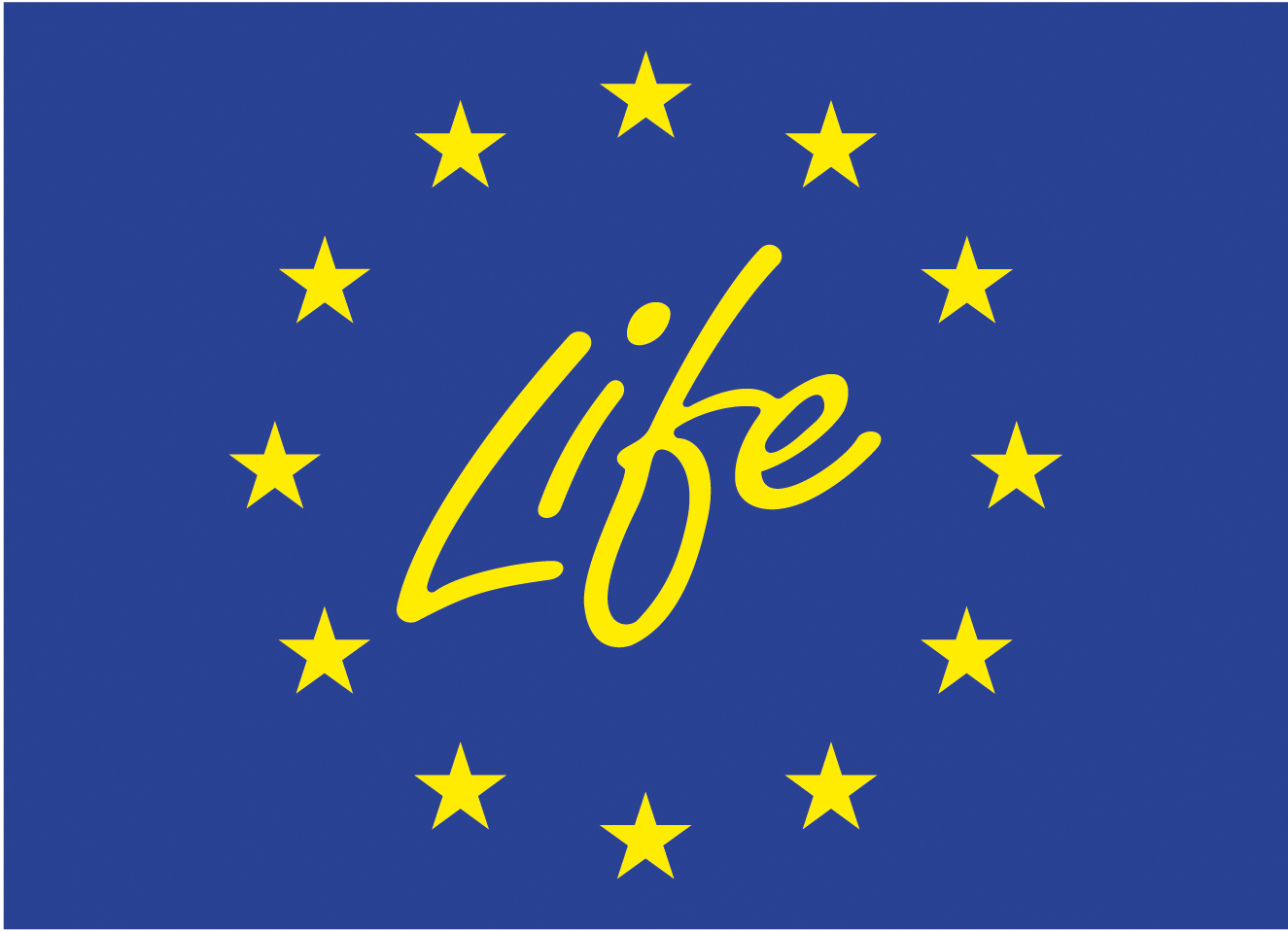Sustainable nutrient management: our contribution to the European Commission’s public consultation
In Europe, surplus nitrogen (N) and phosphorus (P) in the environment are already exceeding safe planetary boundaries – for N by a factor of 3.3 and for P by a factor of 2. These are vital for plant growth, so they are used as fertilisers. However, if they enter the environment in too large quantities, they cause considerable environmental damage to end up polluting our soils, water and air.
The Commission has proposed to tackle this environmental threat with an Integrated Nutrient Management Action Plan (INMAP), which should be adopted by the end of 2022. This action plan should help to achieve the EU target of reducing nutrient losses by at least 50% by 2030, as the Biodiversity and Farm to Fork strategies state.
As IFOAM Organics Europe, we contributed to the Commission’s public consultation on the future INMAP to put organic farming at the heart of sustainable nutrient management. The INMAP should propose measures to ensure a more sustainable application of nutrients, tackling nutrient pollution at source, increasing the sustainability of agriculture and other sectors, and stimulating the markets for recovered or recycled nutrients. Therefore, our contribution to the consultation particularly emphasises:
- The key aspects of organic’s approach to plant nutrition allowing to reduce nutrient pollution (key role of ecological processes and recycling, prohibition of synthetic fertilisers);
- The economic resilience of organic farms which are less affected by the volatility of the synthetic fertiliser market;
- The needs to anticipate the compatibility of recycled fertilisers to be placed on the market with organic farming rules.
IFOAM Organics Europe will monitor closely the development of the INMAP by the Commission. We will aim for it to provide a clear framework for reducing nutrient releases in the agricultural sector and putting organic farming at the forefront.
Curious to read our full contribution to the public consultation? The reply is available on the Commission’s ‘Have your say’ website. For more information on fertilisers and IFOAM Organics Europe’s work on this issue, please contact [email protected].
Additional information
Discussions on the future INMAP are an opportunity for the organic sector to start discussions on identifying criteria for the acceptance of recycled fertilisers in organic farming. These discussions are even more crucial as the EU seeks to reduce its dependence on Russia for synthetic nitrogen fertilisers, due to the war in Ukraine. IFOAM Organics Europe will soon launch a new Task Force on Recycled Fertilisers, to develop a common position of the organic movement on additional sources of recycled inputs compatible with the principles of organic farming. This would allow the INMAP to integrate the necessary tools to support the growth of the organic sector towards the target set by the Farm to Fork Strategy – 25% of EU area under organic production by 2030.
For more information on plant health and IFOAM Organics Europe’s work on this issue, please contact [email protected]. IFOAM Organics Europe members can find more information on the member extranet and background materials in the arguments database on the member extranet (main messages, arguments/FAQs, visuals & videos). Contact [email protected] for access rights (issues).
For information about what you can gain from being a member, read our membership page and contact [email protected].

The work of IFOAM Organics Europe on this topic is co-financed by the LIFE programme of the European Union, under the under the Climate, Infrastructure and Environment Executive Agency (CINEA). This publication only reflects the views of the authors and its sole responsibility lies with IFOAM Organics Europe. CINEA is not responsible for any use that may be made of the information provided.

